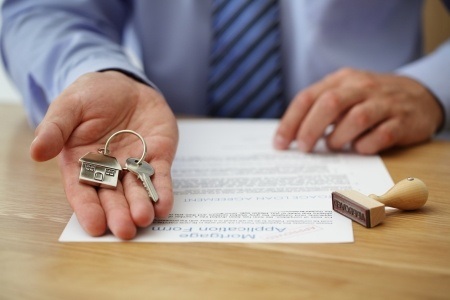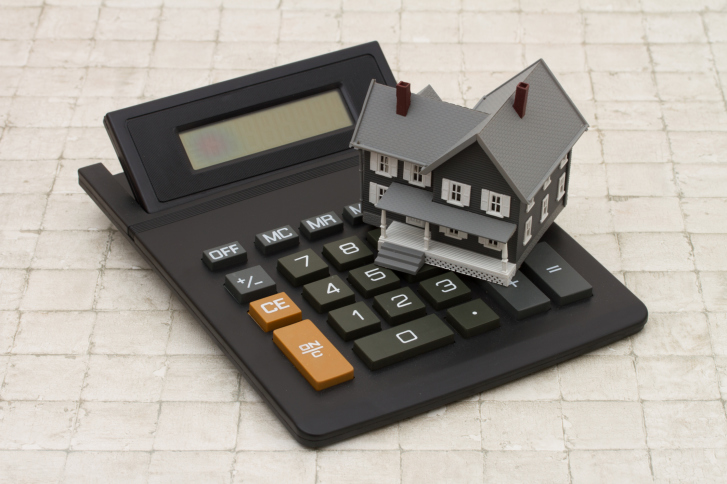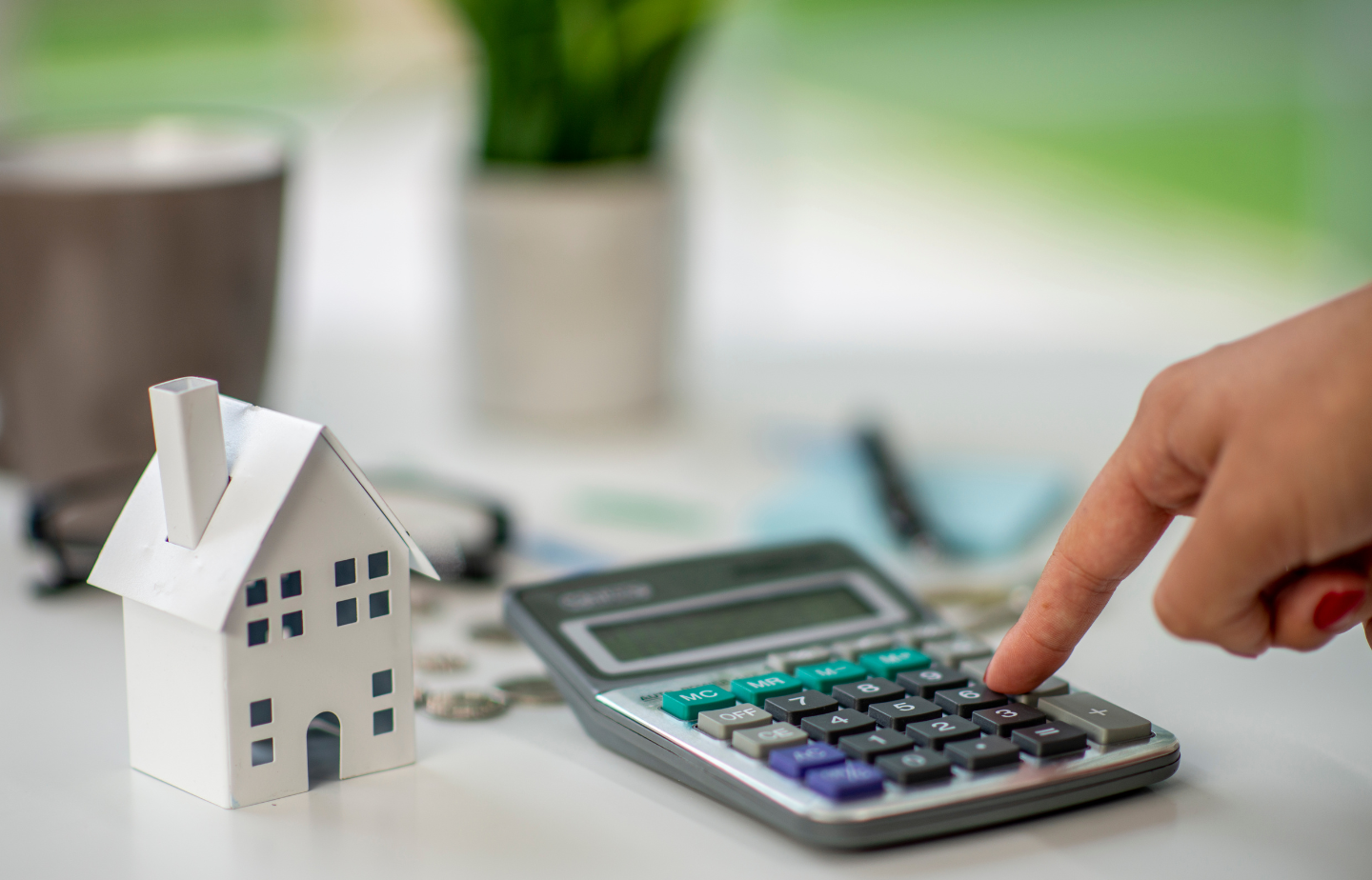What Are The Benefits And Drawbacks Of Putting 20 Percent Down On A Home Purchase?
 Several generations ago, lenders required home buyers to have a 20 percent down payment in order to get a mortgage. While there were a few options out there for people who couldn’t save this substantial amount, the reality was that for the majority of people, the 20 percent down was a requirement.
Several generations ago, lenders required home buyers to have a 20 percent down payment in order to get a mortgage. While there were a few options out there for people who couldn’t save this substantial amount, the reality was that for the majority of people, the 20 percent down was a requirement.
It was the way to show that you were financially responsible enough for homeownership. And it was a strong way that the banks felt secure in making a home loan.
Today, however, homebuyers have many options available to them as they shop for a new home, and those mortgage options mean that the 20 percent down payment is no longer as much of a requirement. For most buyers, especially those who do not have the equity of an existing home to help with their purchase, the 20 percent down payment is not even a possibility.
Yet for those who can do so, putting 20 percent down carries some benefits worth considering. Here is a closer look at when the large down payment makes sense, and what the potential drawbacks are that buyers should consider.
How The 20 Percent Down Payment Helps
When it is possible for the buyer to save enough, the 20 percent down payment does have some benefits that are worth considering. First, when you are able to save 20 percent, you can get a mortgage that has no private mortgage insurance or similar fees. Because lenders consider a borrower with less than 20 percent for the down payment to be higher risk, they charge additional fees to serve as insurance on these loans.
Putting 20 percent down also means you are borrowing less. Because every dollar you borrow will be charged interest, the less you borrow the lower your repayment costs should be over the life of the loan. If you have the ability to save 20 percent, this is a benefit worth considering.
The Drawbacks Of 20 Percent Down
While saving 20 percent does have some benefits, it also has drawbacks that you must also consider. First, 20 percent of a home loan is a significant amount of money. On a modestly priced $100,000 house, that means you have to save $20,000. For the average home buyer, this represents years of saving. And you could be giving up years of price appreciation on the home that you could have purchased earlier by using one of the other financing options.
Also, if you are putting all of that money down as your down payment, you may find yourself cash strapped for other home buying costs, like new furniture or closing costs on your mortgage. The Consumer Financial Protection Bureau warns that this can be a significant downside, especially for first-time buyers who have a lot of expenses as they make the move into their first homes.
Many people find themselves digging into their other investments, like their 401(k), to come up with the money for the down payment. When mortgage interest rates are low, this can be an unwise move. Paying a bit more in interest over the life of a mortgage is often better than creating a serious financial bind for your future needs. Digging into your retirement also means you are not getting that vital compounding interest.
Finally, saving 20 percent often means you can’t buy a home quite as quickly. Since home prices historically tend to rise, not fall, the longer you wait, the more you may spend on your home. If home prices rise by 5 percent a year, which is fairly standard, waiting two years to purchase the home means $10,000 in extra costs for a $100,000 home. The higher purchase price counters any savings you may have when you put down 20 percent.
Can You Buy With Less Than 20 Percent Down?
So can you buy a home with less than 20 percent down? The answer to that question is yes, and often it makes more financial sense to do so. In fact, according to Freddie Mac, 40 percent of homebuyers in today’s markets are making down payments of less than 10 percent. So if you are going to buy a home without saving the 20 percent, what are your options?
If you have strong credit, many lenders are still offering piggyback loans. These loans allow you to take out a smaller loan for part of your down payment, then a traditional loan for the rest of the purchase price. You may still need about 5 percent of your own money to put down on the purchase. Then you can work with your lender to borrow 15 percent with a smaller, and many times shorter-term loan, and the remainder with a conventional mortgage.
Down payment assistance is another option to consider. These programs, which are available through non-profit organizations or government-run programs, give homeowners a hand in coming up with the down payment they need to purchase the home.
Finally, consider the low down payment options that are out there. USDA loans, VA loans, FHA loans and similar loan products are designed for those with just a little bit to put down on the home. The FHA loan, for example, is a government-backed loan that requires just 3.5 percent down on the home.
Forbes indicates it is even possible to get a conventional loan with as little as 3 percent down. In some instances, like the USDA home loan program, you can even buy a home with no down payment.
While these home loans do have additional costs, like the funding fee for the VA loan or private mortgage insurance for conventional low down payment loans, they give you the ability to buy now without 20 percent down so you can start enjoying the benefits of homeownership sooner.
When buying a home, getting sound financial advice is always wise. Whether you choose to put down a large amount on your home or take advantage of these different loan options to buy with a smaller amount down, make sure you weigh your options before making your choice.

 If you are interested in purchasing a home, how much money should you put down? This is a difficult question that all potential homeowners need to answer, as it will dictate the size and location of the house you can afford. There are a number of factors to consider, so what do you need to know?
If you are interested in purchasing a home, how much money should you put down? This is a difficult question that all potential homeowners need to answer, as it will dictate the size and location of the house you can afford. There are a number of factors to consider, so what do you need to know? When you take out a home loan, you might have the option to purchase mortgage points. Essentially, this is money that you pay to the lender upfront in exchange for getting a lower interest rate over the life of the loan. If you got a great deal on the house, you might have some extra cash on hand. Should you use that money to buy down the interest rate? This is a math problem that you need to calculate for yourself.
When you take out a home loan, you might have the option to purchase mortgage points. Essentially, this is money that you pay to the lender upfront in exchange for getting a lower interest rate over the life of the loan. If you got a great deal on the house, you might have some extra cash on hand. Should you use that money to buy down the interest rate? This is a math problem that you need to calculate for yourself.